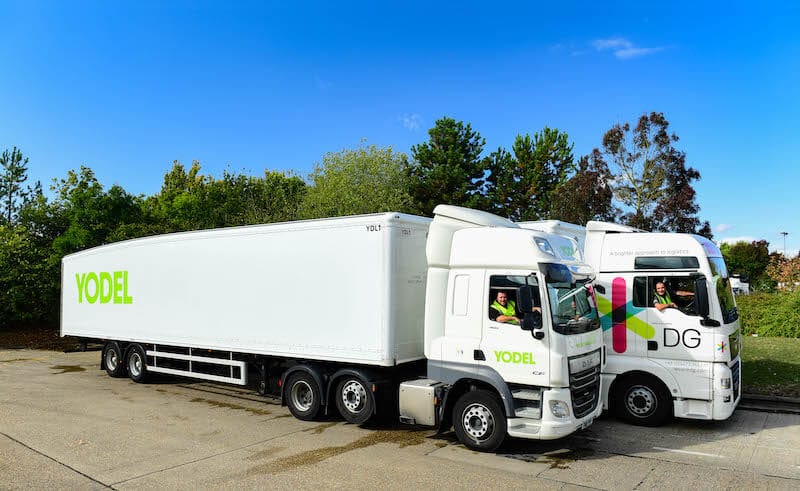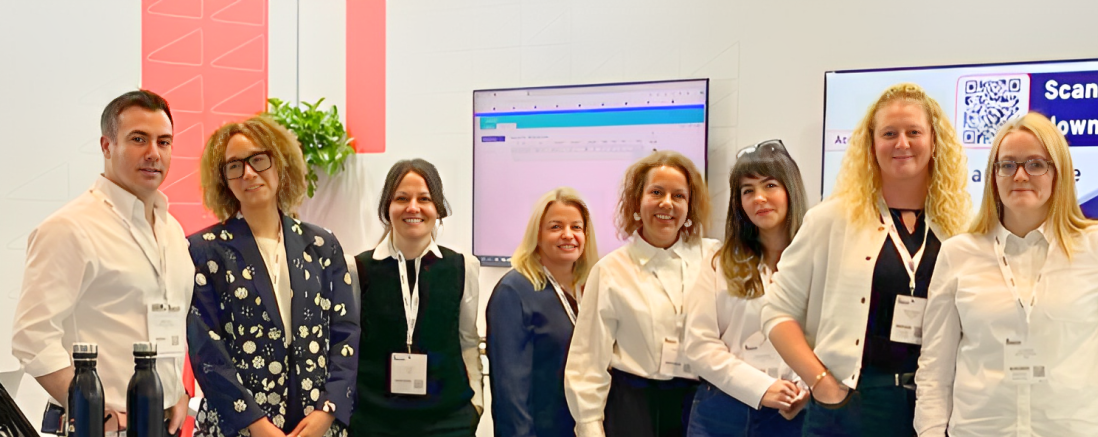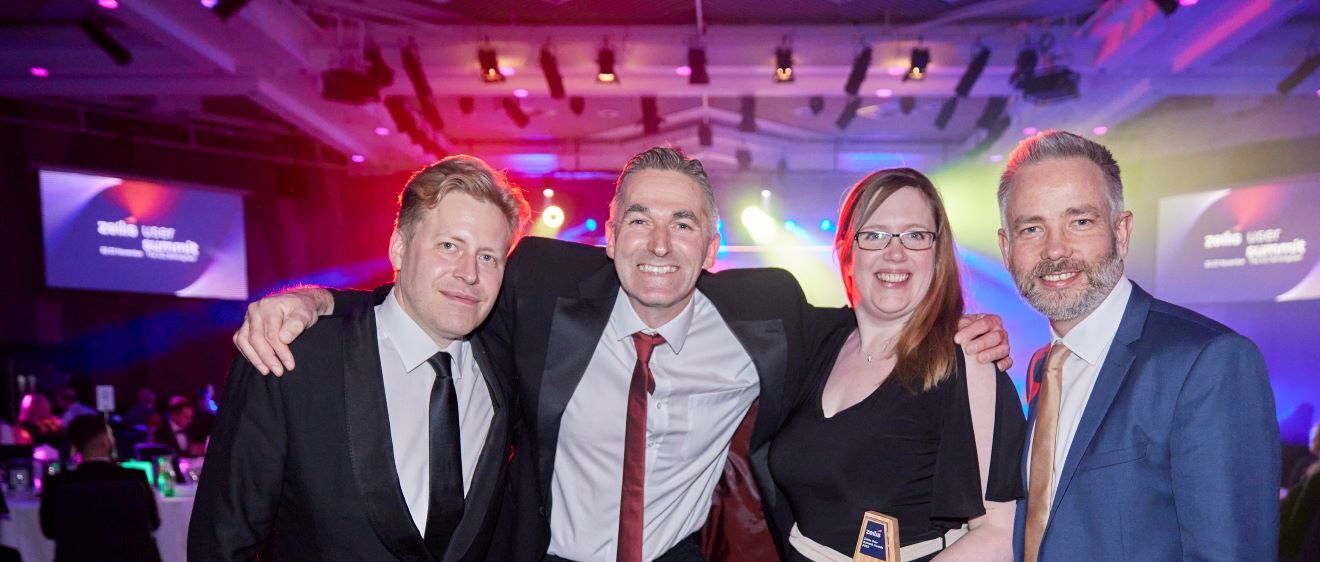Even before the world entered lockdown, social media had become an essential part of how we socialise with friends, network with colleagues, gather news, share opinions, and have fun.
Few companies can thrive today without some kind of online presence, reflecting the company’s values and helping it connect with customers, colleagues and potential candidates alike.
So, in 2022, are there really any good reasons to avoid social media checks in your hiring process?
Do social media background checks really matter?
In a word, yes. Social media background checks are designed to protect employers, both now and in the future, from bad hiring decisions.
Employing someone with extreme views, for example, can have an impact that reverberates through an organisation. It can negatively impact other employees, the way a candidate carries out their work, or cause reputational damage to the employer.
Even so, many companies are still hesitant to introduce a social media background check into their hiring or ongoing HR process. Let’s look at some of the reasons they may hesitate.
Reason 1 – I’m concerned about consent
It’s right to have this in mind! Social media checks can only be carried out with the consent of the candidate or employee. This consent must be clear and unambiguous, and the individual can withdraw their consent at any time, making it tricky to manage.
Reason 2 – There’s too much to look at, and most of it is irrelevant
Few people are on social media to exclusively talk about their jobs and talents. Years of social posts may yield little material that’s truly relevant to a prospective employer, and much which is utterly irrelevant. Sorting and categorising even a modest user’s social media presences would be an overwhelming task, without expert help and effective technology.
Reason 3 – I want to avoid human bias
A candidate’s social media activity may include important evidence of their judgement, work history, or even extreme views. However, it’s just as likely to show things that have no impact on their ability to perform their role, but which could unintentionally influence a hiring manager’s decision. Without the ability to separate the two, employers could end up risking employment tribunals.
Given the complex nature of social media, the nuances of what should and shouldn’t be considered relevant and the challenge of maintaining compliance, it’s not unreasonable for employers to be wary of the challenge.
Help, however, is at hand.
Zellis is now working with Neotas, a specialist screening provider who can help ensure that social media backgrounds checks provide useful and usable information and are carried out in the right way.
To find out more, click here.
To learn what else goes into an effective background checking process, check out our whitepaper here.














